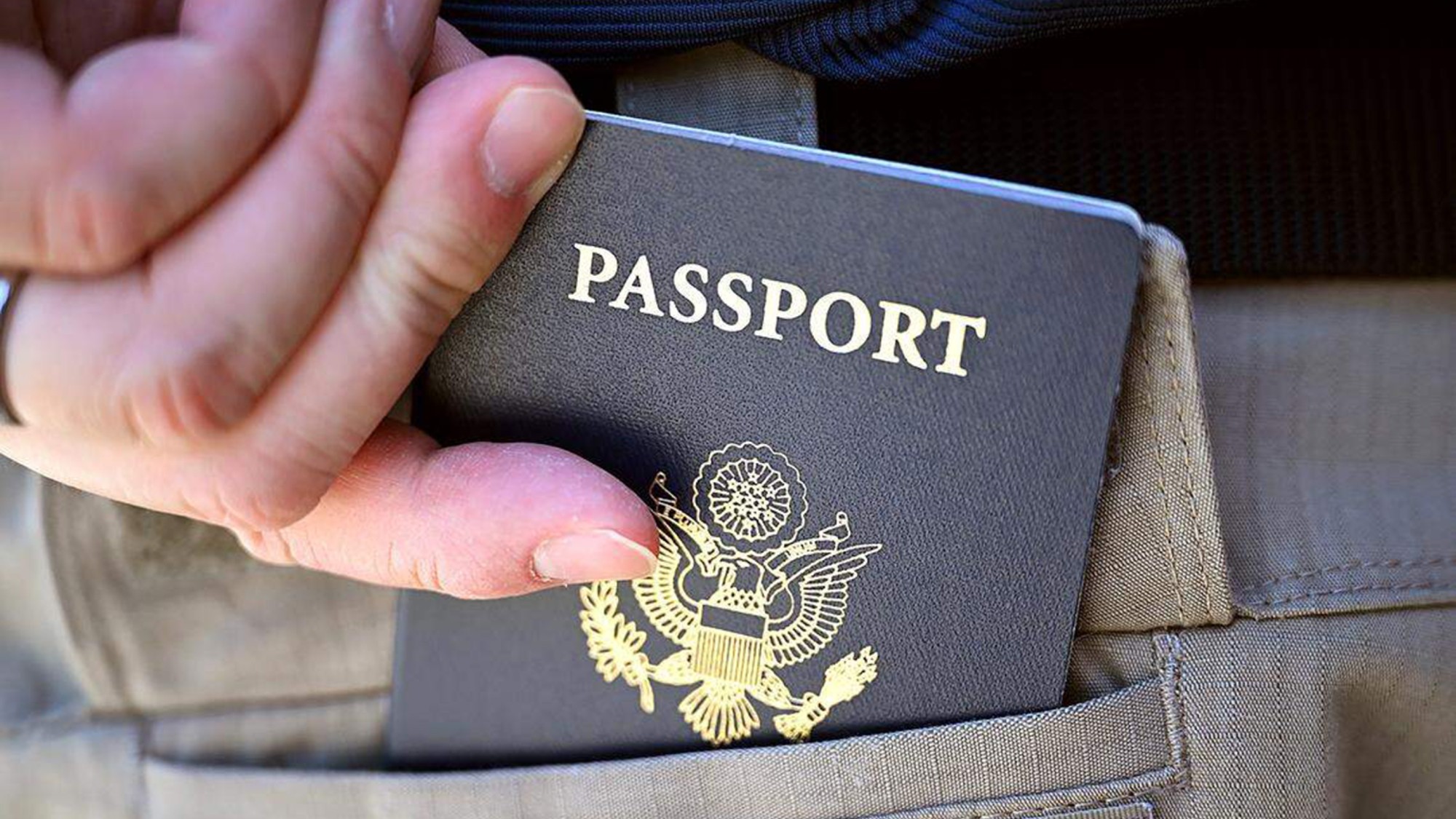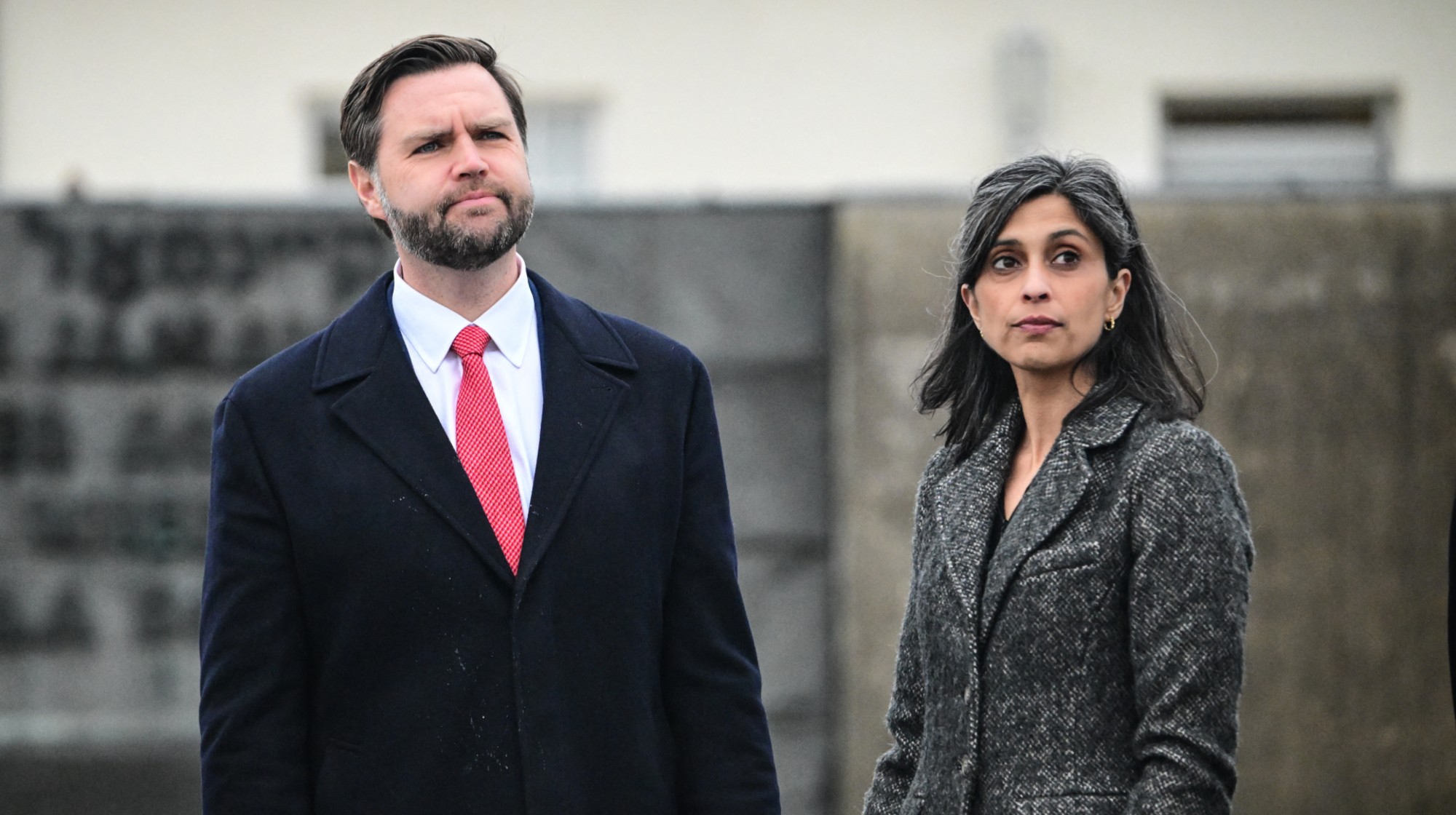Wales after Drakeford: what resignation means for Welsh politics
Welsh Labour MPs are jostling for top job following first minister Mark Drakeford's surprise retirement

A free daily email with the biggest news stories of the day – and the best features from TheWeek.com
You are now subscribed
Your newsletter sign-up was successful
Welsh Labour is gearing up for a leadership contest ahead of the UK's next general election, after Mark Drakeford announced that he is standing down as first minister.
Drakeford revealed his decision at a news conference in Cardiff last Wednesday, "exactly five years and one day" after he was confirmed as the party's leader, said BBC Wales political reporter David Deans. The 69-year-old politician said that he would be stepping down in March and that nominations for his successor would "open shortly".
"I'm confident the process can be concluded by the end of the spring term," added Drakeford, who told the BBC that the looming prospect of a general election had been "much in my mind" when weighing up whether to retire now. "I think it is better, in Wales, that people know the person who will look to work alongside Keir Starmer," he said.
The Week
Escape your echo chamber. Get the facts behind the news, plus analysis from multiple perspectives.

Sign up for The Week's Free Newsletters
From our morning news briefing to a weekly Good News Newsletter, get the best of The Week delivered directly to your inbox.
From our morning news briefing to a weekly Good News Newsletter, get the best of The Week delivered directly to your inbox.
Why is Drakeford standing down?
The Welsh Labour leader's wife of more than 45 years, Clare, died suddenly in January, and "bereavement has hit Drakeford hard", said Richard Wyn Jones, director of Cardiff University's Wales Governance Centre, in The Guardian.
Although Drakeford received an outpouring of sympathy from both sides of the political divide, "high-profile public office offers little space or respite for those consumed by intense private grief", Wyn Jones wrote, so "he can hardly be blamed for being ready for a period out of the limelight".
All the same, said the BBC's Deans, "the timing of his announcement was a surprise". Drakeford always said he would step down as first minister after serving five years, but did so a week before the Welsh government announces spending plans for the next year that ministers have warned will be "extremely difficult".
Who will succeed Drakeford?
The "spotlight is likely to shine on some of Welsh Labour's most high-profile cabinet members" in the coming weeks, said ITV News, as the race to be Drakeford's successor gathers pace.
A free daily email with the biggest news stories of the day – and the best features from TheWeek.com
Just days prior to his resignation announcement, a YouGov poll commissioned by ITV Wales and Cardiff University asked voters who they would like to be the next leader of Welsh Labour and first minister of Wales.
Of more than 1,000 respondents, 72% said they "didn't know" who they would prefer. But of the named ministers, Vaughan Gething, "the man in charge of the Welsh economy", led by 11%, the site reported. Education Minister Jeremy Miles and Health Minister Eluned Morgan followed on 3% each.
Welsh Labour MPs who spoke to Politico reportedly said that Gething and Miles were "broadly seen as early front runners".
Both prospective candidates, along with Deputy Minister for Social Partnership Hannah Blythyn, have been "working the circuit" of Welsh party members for more than 18 months, a source claimed.
However, enthusiasm "is not brimming", the site added. Another Labour MP said that "it's a mixed and not very exhilarating bag of people".
What next?
Whoever wins the leadership race will be tasked with managing the delicate balance of power in the Senedd, the Welsh parliament, where Labour has only 30 of the 60 seats, but holds the post of first minister in a cooperation deal with nationalists Plaid Cymru.
And although Welsh Labour has governed since the advent of Welsh devolution in 1997, and retains a healthy lead in recent polls, Drakeford's approval ratings have declined sharply in recent months.
"The challenge for Drakeford’s successor is to reverse that trend," said James Heale in The Spectator. During the pandemic, his "soft-spoken manner and handling of the Covid virus impressed Welsh voters", who "rewarded him" with an increased majority at the 2021 Welsh election. But "post-pandemic, there are signs that he is no longer an electoral asset".
The first minister offered a sober and reasonable counterpoint to then PM Boris Johnson during Covid, said Wales Online's Welsh affairs editor Will Hayward, but the crisis also exposed Drakeford's shortcomings, including "over caution and slow decision making".
According to analysis by The Telegraph, over the course of his five years in power, key public services have "got worse, when compared with England", with longer hospital waiting times and a weaker economic performance, while crime levels and council tax rates have risen more steeply.
Starmer's team is now likely to "take a close interest" in the forthcoming contest to find his successor ahead of the UK election, said The New Statesman's Freddie Hayward.
Drakeford "represents a different strand of politics" to Starmer. He supported Jeremy Corbyn for the Labour leadership and has introduced polices "with dubious popularity", such as his 20mph speed limit on urban roads around Wales – the debate over which "will not be top of Labour’s list of ploys to win a majority", Hayward continued.
Those in Westminster "will want to reduce the chance of friction between a Labour government in London and one in Cardiff", and Drakeford’s successor "will be key to that relationship".
Arion McNicoll is a freelance writer at The Week Digital and was previously the UK website’s editor. He has also held senior editorial roles at CNN, The Times and The Sunday Times. Along with his writing work, he co-hosts “Today in History with The Retrospectors”, Rethink Audio’s flagship daily podcast, and is a regular panellist (and occasional stand-in host) on “The Week Unwrapped”. He is also a judge for The Publisher Podcast Awards.
-
 6 of the world’s most accessible destinations
6 of the world’s most accessible destinationsThe Week Recommends Experience all of Berlin, Singapore and Sydney
-
 How the FCC’s ‘equal time’ rule works
How the FCC’s ‘equal time’ rule worksIn the Spotlight The law is at the heart of the Colbert-CBS conflict
-
 What is the endgame in the DHS shutdown?
What is the endgame in the DHS shutdown?Today’s Big Question Democrats want to rein in ICE’s immigration crackdown
-
 How ‘Manchesterism’ could change the UK
How ‘Manchesterism’ could change the UKThe Explainer The idea involves shifting a centralized government to more local powers
-
 ‘Dark woke’: what it means and how it might help Democrats
‘Dark woke’: what it means and how it might help DemocratsThe Explainer Some Democrats are embracing crasser rhetoric, respectability be damned
-
 San Francisco tackles affordability problems with free child care
San Francisco tackles affordability problems with free child careThe Explainer The free child care will be offered to thousands of families in the city
-
 The Mint’s 250th anniversary coins face a whitewashing controversy
The Mint’s 250th anniversary coins face a whitewashing controversyThe Explainer The designs omitted several notable moments for civil rights and women’s rights
-
 US citizens are carrying passports amid ICE fears
US citizens are carrying passports amid ICE fearsThe Explainer ‘You do what you have to do to avoid problems,’ one person told The Guardian
-
 Inside Minnesota’s extensive fraud schemes
Inside Minnesota’s extensive fraud schemesThe Explainer The fraud allegedly goes back to the Covid-19 pandemic
-
 Trump wants to build out AI with a new ‘Tech Force’
Trump wants to build out AI with a new ‘Tech Force’The Explainer The administration is looking to add roughly 1,000 jobs
-
 JD Vance wades into choppy religious waters about wife Usha
JD Vance wades into choppy religious waters about wife UshaTHE EXPLAINER By emphasizing his hope that the Second Lady convert to Christianity, the vice president is inviting controversy from across the religious spectrum